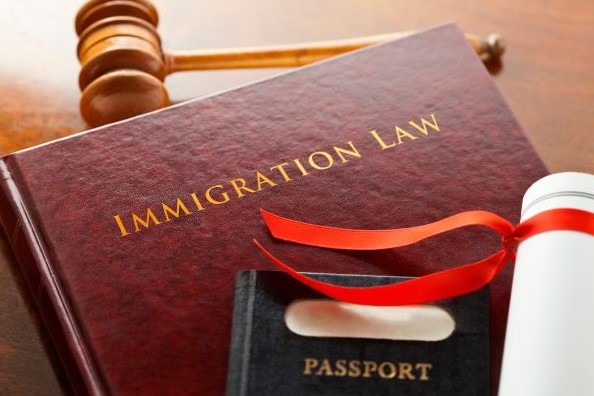The new decree released by Italy’s new considerably-ideal governing administration will hugely limit rescue capacities at sea, producing the central Mediterranean migration route even far more dangerous. InfoMigrants spoke to 3 NGOs to realize the effect of these new measures on their do the job.
Non-governmental organizations (NGOs) carrying out look for and rescue (SAR) functions have been a consistent presence in the Mediterranean given that 2014, trying to find to fill the hole still left by the deficiency of point out-arranged SAR functions.
On the other hand, numerous EU nations are ever more applying stricter migration procedures, primarily criminalizing NGOs carrying out SAR functions.
A new law decree, released by the Italian govt at the start off of the yr, sets out a code of carry out for rescue ships searching for to disembark in Italy, which even more limit NGOs’ look for and rescue (SAR) capacities to react to boats in distress. NGOs warn that the go will make the central Mediterranean, one particular of the world’s deadliest migration routes, even additional dangerous.
Christiane Winje, push officer for Medical doctors Without having Borders (MSF), tells InfoMigrants that NGOs are anxious about the deadly effects of these new steps: “What we concern is that the new decree will, identical as any other evaluate aimed at proscribing everyday living-preserving function, not make rescue functions at sea much more helpful or the crossing any safer but on the opposite will guide to far more deaths.”
Also read: Italy’s new NGO decree: ‘The fewer times we’re permitted at sea, the a lot more people today can die’
New actions cut down rescue capacity
Talking to InfoMigrants Mirka Schaefer, advocacy officer for the Berlin based mostly NGO SOS Humanity, outlines the effect of the new actions.
Non-public rescue ships will now be compelled to leave the area of operation straight away after a rescue has been carried out – even if other boats are in distress at sea, she warns. NGOs chance fines of up to €50,000 and the seizure of their ships.
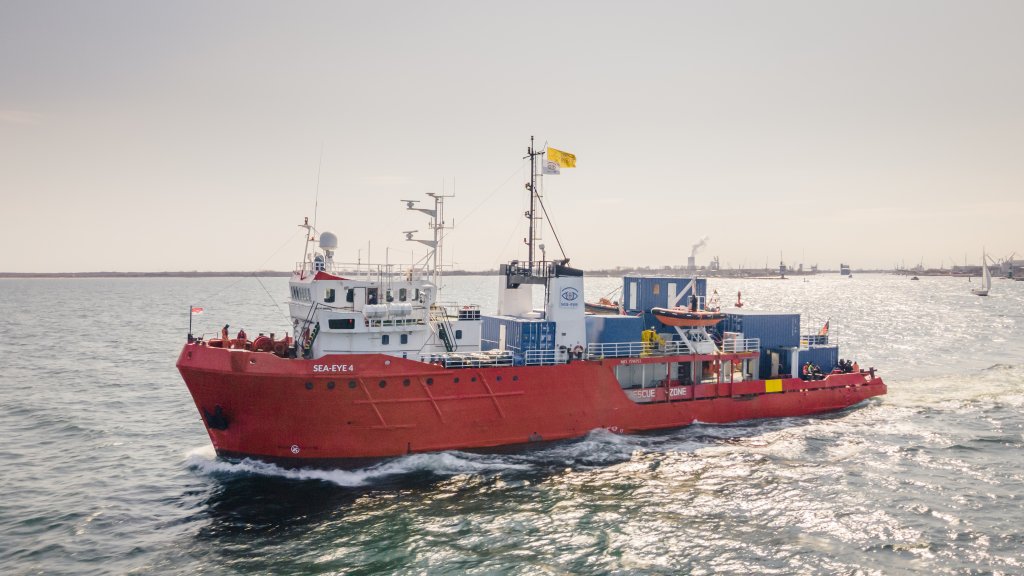
Rights groups have regularly accused the Italian authorities of deliberately obstructing rescue attempts in the Mediterranean. Winje stresses that NGOs “are already overstretched owing to the absence of a point out-operate SAR operation and the reduced presence of rescue ships will inevitably end result in far more drowning tragedies.”
Limiting the range of rescues a ship can have out at a time will set captains in breach of their authorized obligation to render aid to people in distress as enshrined by the UN Convention on the Legislation of the Sea (UNCLOS), forcing them to determine to go towards intercontinental legislation or the new Italian code of conduct.
Also read through: Geo Barents races to conserve migrants regardless of Italy’s new law
Distant ports
Schaefer tells InfoMigrants: “A short while ago, rescue ships have frequently had to sail to distant ports these kinds of as Bari, Salerno, Livorno and Ravenna, exposing by now weakened survivors to avoidable threats and lessening general rescue capability in the Mediterranean.”
The current practice of assigning distant ports for disembarkation, the decree will retain rescue ships absent for days from the lookup and rescue place in the central Mediterranean wherever most distress instances occur.
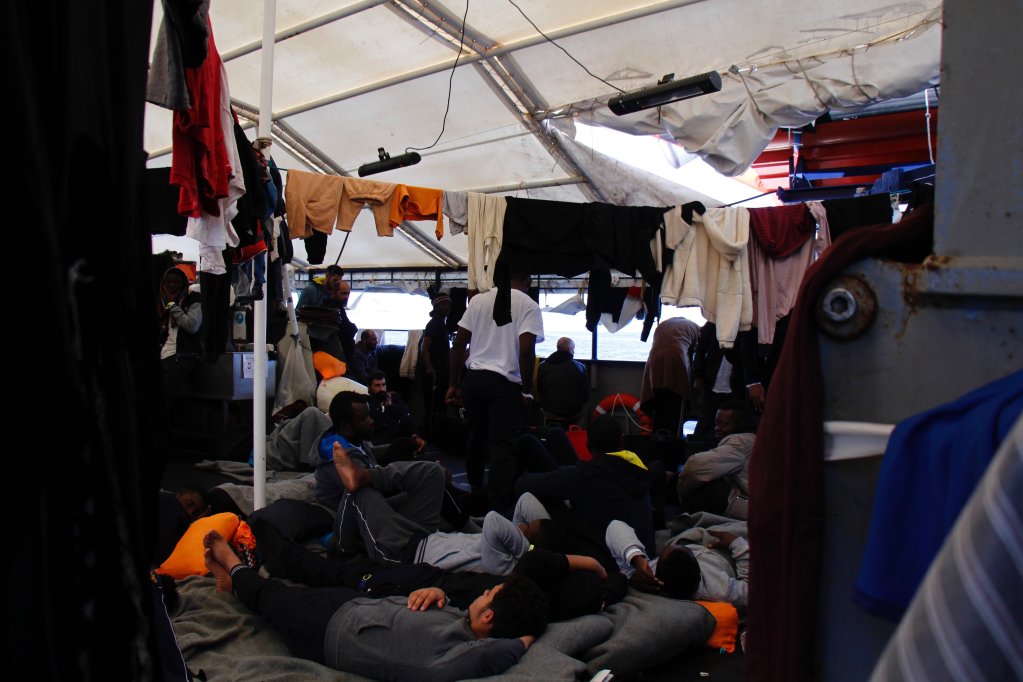
Winje details out that this can direct to huge delays in having individuals to protection, which can take “up to 4 days of navigation from the ships’ area by the time of the rescue.” This can also prevent obtain to daily life saving health-related treatment for all those rescued who are now forced to keep on being on board for more time durations of time.
Time is of the essence for the duration of SAR operations, claims Winje, therefore owning to navigate lengthier and for a longer time distances “will expose rescued folks to far more chance and is basically unacceptable”. She stresses that in practice Italy’s new tactic has led to “vital delays in rescues and at times even people today drowning simply because help was not coordinated in a timely way.”
Talking to InfoMigrants, Maximilian James, a spokesperson for Sea-Eye, a German NGO, describes the complications faced by Sea-Eye’s most current mission, wherever Italy assigned the ship to the port of Livorno instructing them to sail there straight, in spite of an additional distress case however remaining open.
“Only because we rescued (63 folks in a mission, ed. note) in any case, (a even more) 45 persons could be saved immediately after six times at sea. If we experienced absent right to the port of Livorno, these folks would incredibly likely be dead now. It is our responsibility, as is the obligation of each individual ship, to rescue individuals from distress at sea,” he says.
Also read: NGOs revolt towards Italian government’s decree limiting sea rescue missions
A boat is no area for an asylum request
Under the new Italian policies, captains are even to turn into associated in the asylum course of action, by obliging them to gather knowledge aboard rescue vessels from survivors concerning their intention to implement for global defense and to share this data with authorities.
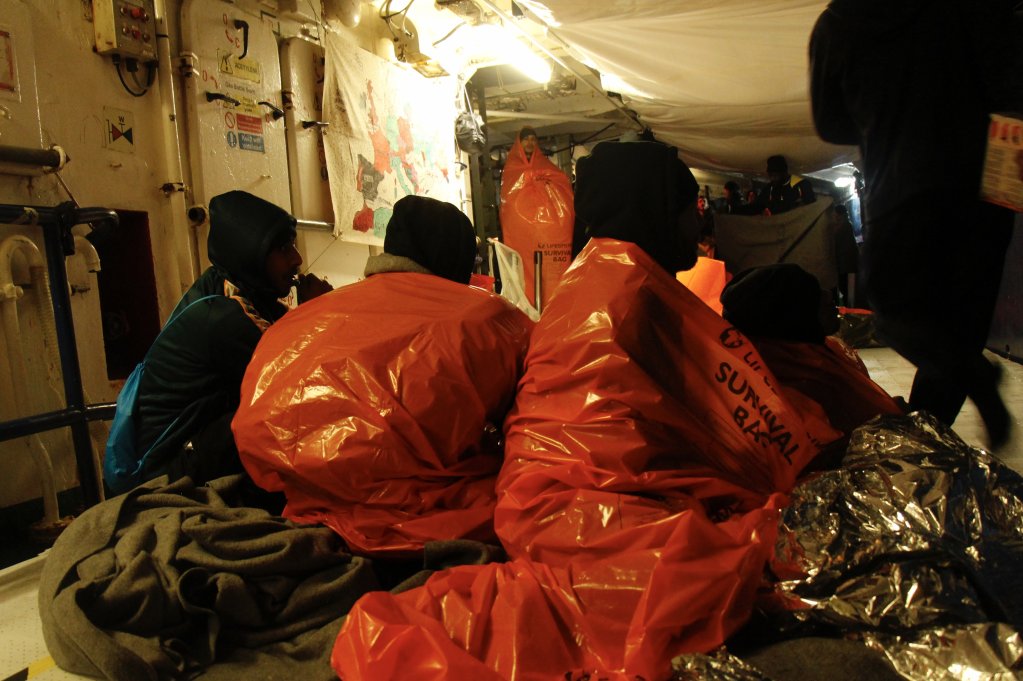
Schaefer notes that it is the responsibility of states to initiate the asylum system and a non-public vessel “is not an suitable place for this”.
Winje agrees, stating that it is the duty and the mandate of states, in this scenario Italy, to initiate this procedure. “Asylum requests ought to be dealt with on dry land only, soon after disembarkation in a safe spot once instant requirements such as professional medical assistance are covered,” she says.
These circumstances have been not too long ago emphasised by the UN refugee company (UNHCR) in their authorized issues on states duties in search and rescue and access to asylum.
Global lawful obligations
There is now a comprehensive lawful framework in place regulating research and rescue (SAR) operations in the Mediterranean, together with:
- The UN Conference on the Regulation of the Sea (UNCLOS)
- The International Conference Maritime Search and Rescue (SAR Conference)
- Intercontinental Conference for the Safety of Lifetime at Sea (SOLAS or London Conference) — which arrived into power in Italy in 1980 and
- The EU regulation no 656/2014 of 15th May well 2014.
All EU coastal states are certain by these international maritime conventions, which set out the state’s obligations in phrases of responding to and coordinating distress circumstances and arranging the disembarkation of survivors in the closest safe place.
Obligations relating to SAR slide on ship masters but also on the three sorts of States included, coastal states, the states responsible for a SAR location or flag states e.g. Germany in relation to the German NGO Sea-Eye which flies the German flag on its ship.
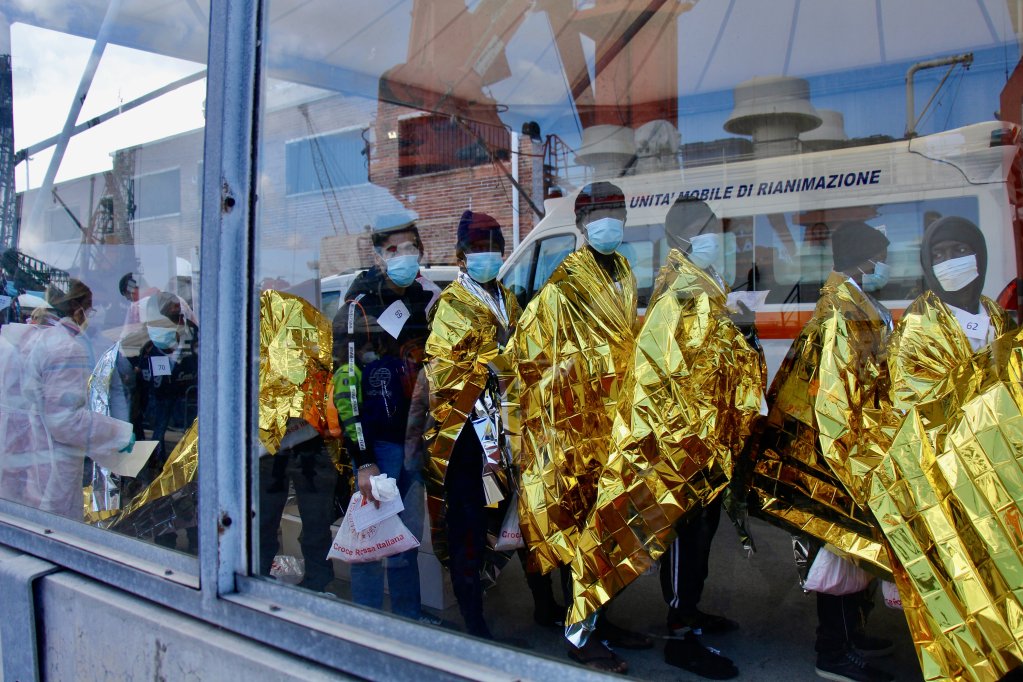
The Italian government’s determination to introduce however another set of policies, which exclusively goal civilian SAR vessels, hinder rescue ships from properly carrying out their obligations below global maritime, human legal rights and European legislation.
Worldwide lawful instruments demand their signatories to enshrine these legislation into their nationwide regulation, still Winje details out, states together with Italy and Malta have violated these principles all over again and yet again around the previous years.
The new Italian regulations could also build authorized challenges amongst EU states “The new code of carry out massively interferes with the rights of the flag state Germany, European legislation and worldwide and regional human legal rights guarantees” states James. Introducing that “Sea-Eye will not stick to any unlawful code of perform or any other formal directive that violates worldwide regulation or the legal guidelines of our flag point out”.
Also go through: EU refugee strait could worsen in 2023 without coverage improve
From negative to worse
James notes, the new system of the Italian governing administration even now pursues the “exact same outdated objectives” i.e. to hinder rescue companies from helping people today in distress. He factors out that even ahead of the new code of perform the cooperation was “not truly constructive” from the Italian aspect in the very first put.
There was also the Italian code of conduct of 2017 and the far more recent decree of November 2022, suggests Schaefer, as properly as referring to the “illegal” initiatives of authorities to protect against survivors on the rescue ships Humanity 1 and Geo Barents from disembarking in Sicily.
Winje agrees that this is not a new phenomenon, stating that NGOs have faced “enormous obstruction” to their lifetime-saving operate once more and again around the previous couple of several years. She describes the new procedures as just the “most current shameful attempt to cease arrivals at European shores”.
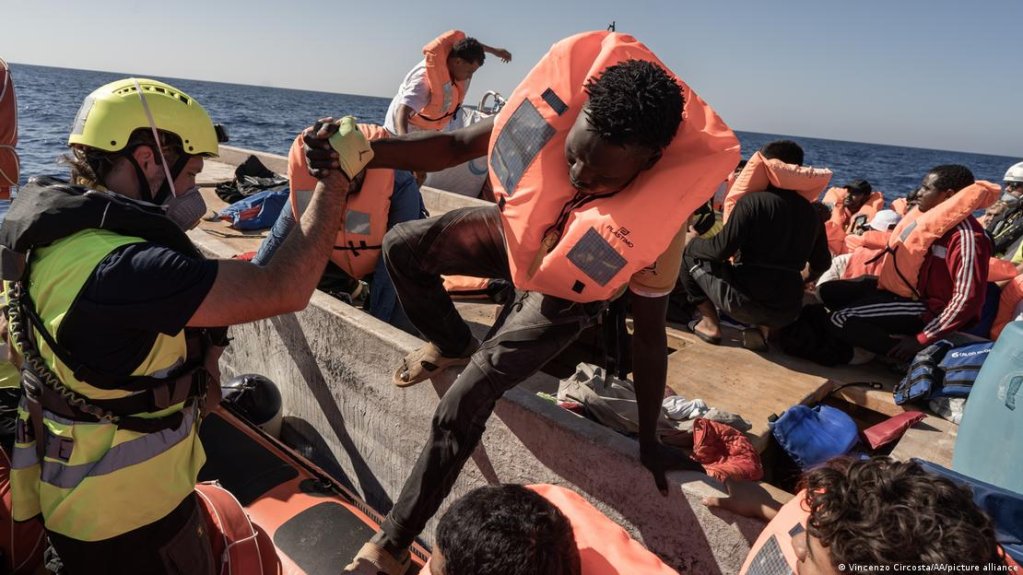
NGOs have also criticized this method by states as currently being largely ineffective. The last 5 yrs have demonstrated these insurance policies “will not quit vulnerable folks fleeing across the sea,” claims Winje, but it will make these crossings even a lot more perilous. According to the IOM’s Lacking Migrants Job much more than 1,370 individuals died in the central Mediterranean Sea in 2022, generating it just one of the deadliest migration routes in the earth.
Winje is essential of the lack of a coordinated joint SAR procedure in the Mediterranean, noting that EU states are “instead prepping up the Libyan Coastline Guard to intercept and forcibly return rescued men and women to Libya, in which they are uncovered to grave human legal rights violations this kind of as torture and other forms of ill-treatment method”.
Rising criminalization of NGOs and activists
Schaefer describes that for final five yrs, European states, especially Italy, have tried to obstruct civilian SAR things to do by defamation and administrative harassment, as effectively as via the criminalization of NGOs and activists.
This has not only been finished by delaying the assignment of a port of protection, but also by “detaining rescue ships, felony techniques in opposition to survivors and crew members, harmful narratives and fake information of non-compliance with worldwide regulation of research and rescue NGOs,” she statements.
Winje and all this despite the fact that we not only stop additional deaths at sea but persistently upholding relevant legislation. On the other hand, this has adjusted practically nothing about our dedication as a humanitarian organisation to be in which we are wanted and exactly where lives are at risk.
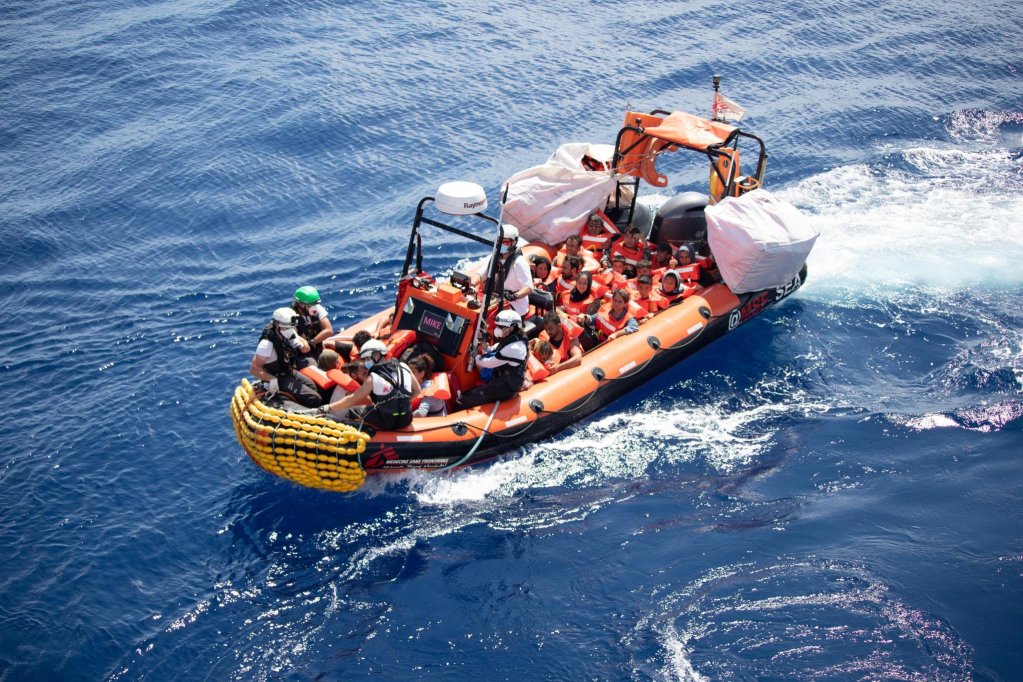
Schaefer states that though there have been no convictions in a solitary demo that has been initiated against SAR-NGOs, EU member states have consistently failed to satisfy their responsibilities in this respect. Underneath these situations, James fears that the code of perform will lead to far more conflicts with the Italian authorities.
Noting the duty of flag states towards their ships, James also phone calls on the German government to take a decisive job. “We for that reason anticipate the Federal Government to protect the sea rescue organizations below German flag from the illegal actions of the Italian authorities and to guidance us decisively in situation of conflict,” he provides.
The new Italian decree “should really trigger a solid and obvious response by European establishments and member states,” states Winje. “Everybody in Europe must be worried by what is taking place in Italy at the moment and urge the Italian government to withdraw the decree.”
NGOs vow to keep on their rescue functions.
When requested what will be upcoming for SAR-NGOs, James states that Sea-Eye will “not be intimidated by the Italian federal government.”
Schaefer emphasizes the significance positioned by NGOs on upholding international legal devices: “No governing administration and no national law can restrict the obligation to rescue at sea as enshrined in worldwide maritime law.”
Like other NGOs, Schaefer is defiant when talking about the new yr. “In 2023, SOS Humanity will continue on to conserve life with the rescue ship Humanity 1,” she says.
All a few NGOs vow to go on to perform in complete compliance with intercontinental legislation, though inquiring European governments to do the exact same.




